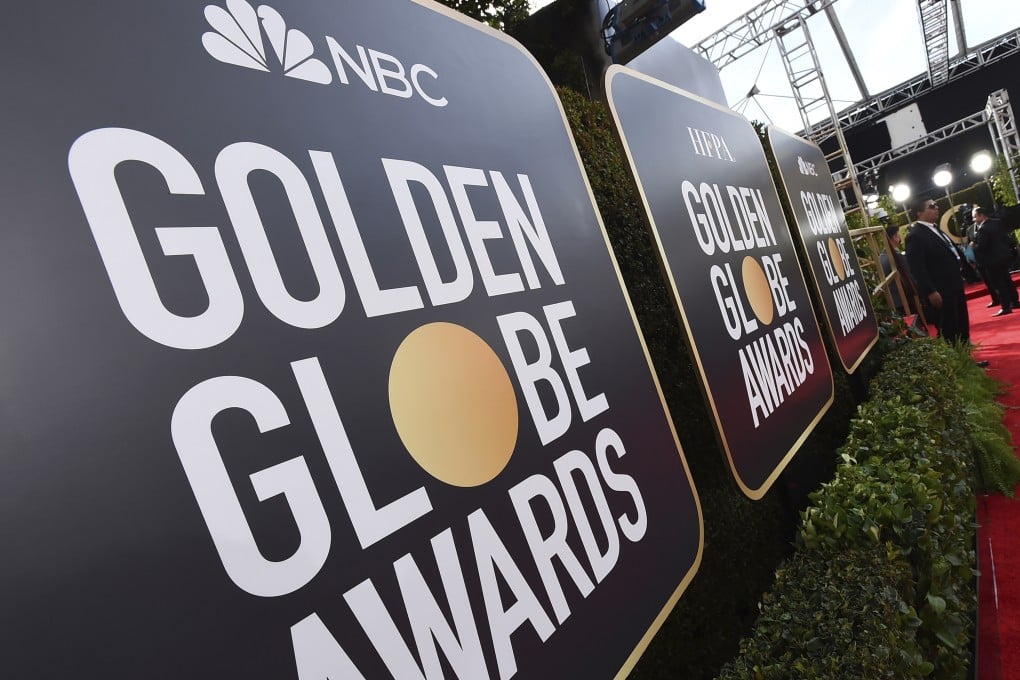Golden Globes 2021: Chloé Zhao’s Nomadland scoops best picture, The Crown scores numerous awards in a big night’s win for Netflix
- Netflix won the top television awards. The Crown took best drama series, along with wins for Josh O’Connor (Prince Charles) and Emma Corrin (Princess Diana)
- There were a few technical hiccups, and the Hollywood Foreign Press Association took to the stage to address its controversial diversity issues

With homebound nominees appearing by remote video and hosts Tina Fey and Amy Poehler on different sides of the country, a very socially distanced 78th Golden Globe Awards trudged on in the midst of the pandemic and a storm of criticism.
Netflix, which came in with a commanding 42 nominations, won the top television awards. The Crown, as expected, took best drama series, along with acting wins for Josh O’Connor (Prince Charles), Emma Corrin (Princess Diana) and Gillian Anderson (Margaret Thatcher).
Schitt’s Creek, which had gone unnominated in the top category every previous season at the Globes, won best comedy series for its final season. Catherine O’Hara also took best actress in a comedy series. The Queen’s Gambit won best limited series, and best actress in the category for Anya Taylor-Joy.
“Nomadland at its core for me is a pilgrimage through grief and healing,” said Zhao, accepting the awards remotely. “For everyone who has gone through this difficult and beautiful journey at some point in their lives, this is for you.”
Many of the evening’s awards went to streaming services, which – facing scant traditional studio competition – dominated the Globes like never before. Apple TV+ scored its first major award, with Jason Sudeikis winning best actor in a comedy series for the streamer’s Ted Lasso.